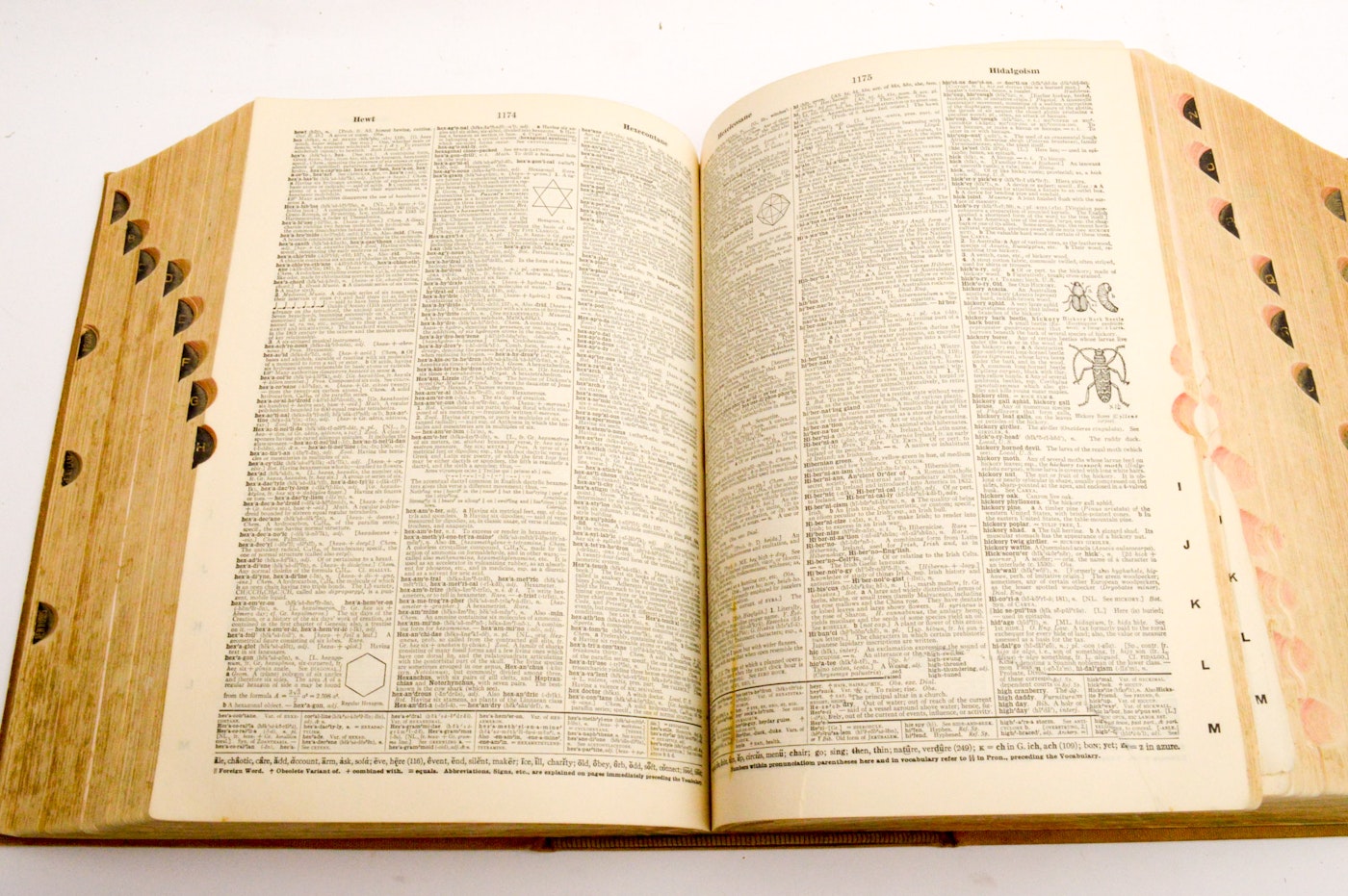Fixing the dysfunction in tabletop gaming begins by defining our terms.

The Campaign Defined
A campaign is the collection of actions organized and executed by a party to achieve a specific objective. "He lead the military campaign to conquer Gaul." "He conducted a political campaign to seize the Presidency." "The corporation launched a marketing campaign to support the launch of their new product."
Campaigns do not occur for no reason. Due to the time required to marshal the men and material required, even for superheroic or far-future scenarios, campaigns need to have a defined cause for action. We shall use this term formally henceforth.
As tabletop role-playing games are wargames, specifically derived from the simulation of military campaigns as a tool to train military officers, proper RPG play is also organized around the prosecution of simulated campaigns.
The consequence for recognizing this fact is that every campaign must have a specific objective for the participants to pursue, the achievement of which defines the Win Condition and thus the end of the campaign for that party. Each party must also have a Cause of Action, which often--but not always--defines the Loss Condition that takes them out of a campaign.
Each participating party may--and often will--have separate and distinct objectives of their own. Those objectives may be complimentary to other parties in the campaign, or they conflict with those other parties. Their Causes For Action will inform this decision. (See yesterday's post on how this may look in practice.)

Reframing For Remedy
The path out of the problem with the tabletop role-playing game as a hobby, a medium, and a business requires abandoning the present practices and the Cargo Cult surrounding them.
That means refreshing familiarity with the origins of RPGs, which is Kriegspiel:
The gameplay loop of Kriegspiel is that of typical RPGs, with one difference: the players are not at the Referee's table. Players tell the Referee what they do, the Referee adjudicates the results, the players are briefed, and the loop resets.
This framework puts the Referee in a passive position. He administers and adjudicates. He does not make things happen; that is the responsibility of the players. The players, not being a single unit, and possessing Causes For Action that put them at cross-purposes, cannot avoid coming into conflict in the pursuit of their campaign's objectives.
As the later derivative Braunstein revealed, having more than two players in the campaign changes the dynamics of play significantly. Therefore a campaign may have as many players as the Referee is confident that he can handle.
Braunstein also revealed that using a nested play structure--which is what Braunstein is; it was the "the game before the game" as it was a skirmish before the battle the following day--allowed players to participate at both the strategic and the tactical level of pursuing campaign objectives. It is this latter development that is the basis for tabletop RPGs today.
The full power of the medium is not, and therefore cannot, be achieved without adhering to this model. Players, in the roles of sovereigns and similar figures, independently make plans to achieve their campaign objectives and use the resources and intelligence at their disposal to execute those plans.
Players, in the roles of those subordinates dispatched to execute a particular element of the plan or to contest it, deal with the facts on the ground and generate expediants to the plan on the spot to overcome unforseen complications to achieve their specific goals in the plan.
These can be the same players. Furthermore, players who's strategic-level figure is not involved in a tactical-level scenario can participate by taking up the role of a different figure in the scenario- even one serving the opponent of his strategic-level figure.
This model of play allows for far more participants than the usual 3-6 we see talked about online, be it in forum threads or YouTube videos. Dozens, even scores, can play in a single campaign if the Referee is confident that he can handle it- and today's technology makes that easier than ever to accomplish.
Players must account for all of their expenditures, including time, and this must be tracked. It becomes impossible for opposing players to attempt to intercept their enemies if there is no sense that Player 1 will be in Location A in (X) days. It becomes impossible to take advantage of opportunities if Opportunity Cost--the core of economics, which includes time--does not exist in play.
All of the problems in tabletop RPGs derive from breaking with this model.
Over the rest of this week I will address a common complaint and then move to how reverting to this model fixes it.
No comments:
Post a Comment
Anonymous comments are banned. Pick a name, and "Unknown" (et. al.) doesn't count.